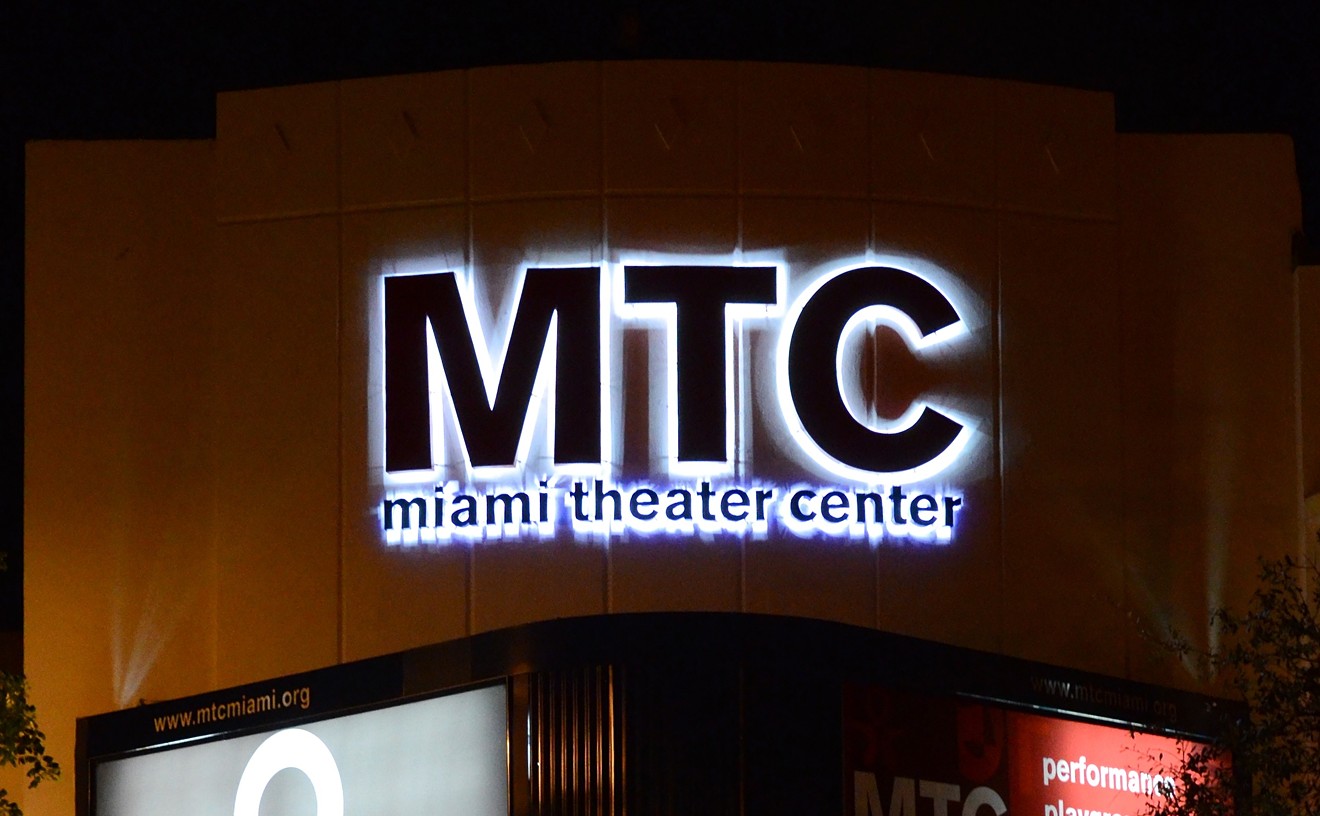By now, most Miamians are familiar with radio host Javier Ceriani. His glamorous poster — showing him sporting gold designer sunglasses and a diamond-encrusted neckband — seems to be plastered on the side of every public bus in Miami-Dade County. The Buenos Aires-born Ceriani has been hosting Zona Cero since 2005. Known as "El Aguila" (The Eagle), Ceriani lends his morning show a cool, campy sense of humor (he likes playing Spanish versions of Abba songs) while sinking his sparkling teeth into the latest Latin celebrity dirt.
But there's a more serious side to the gossip king. Last December, Ceriani traveled to Mexico and reported on the troubles of 10 jailed Cuban exiles. His segments brought light to the Kafkaesque circumstances experienced by many Cubans seeking asylum in Mexico. For his efforts, three exiles where set free by the Mexican courts, and the City of Hialeah declared February 12 as Javier "Glamour" Ceriani Day. Honors aside, our Eagle has proven to be the rarest of birds: a funny shock jock with a solid social conscience.






